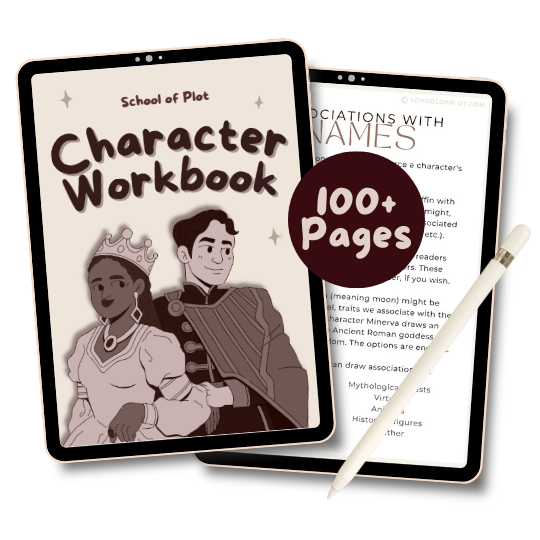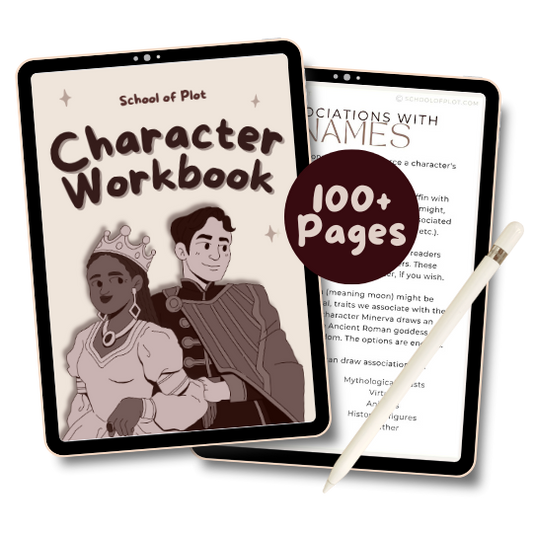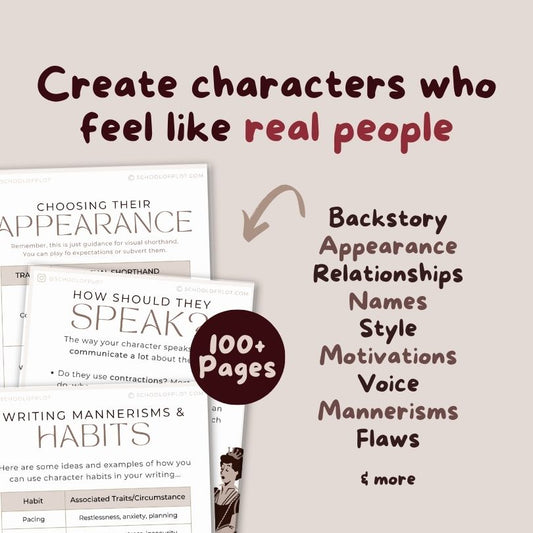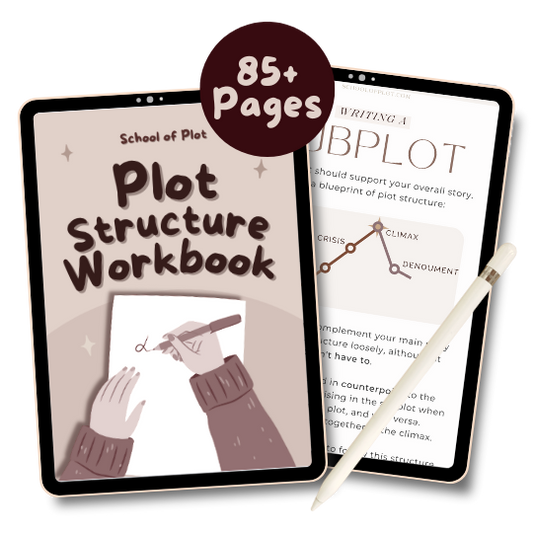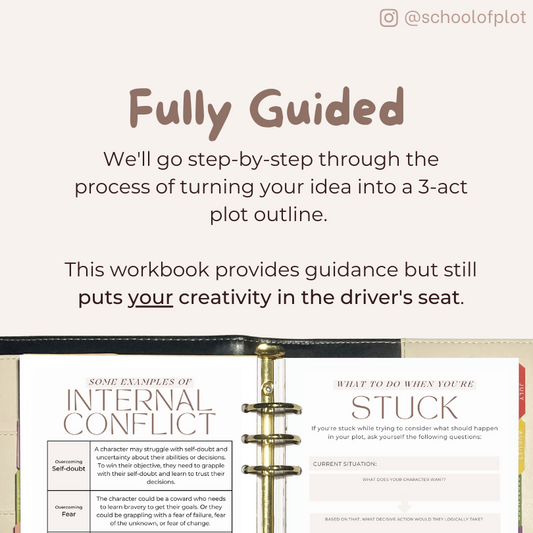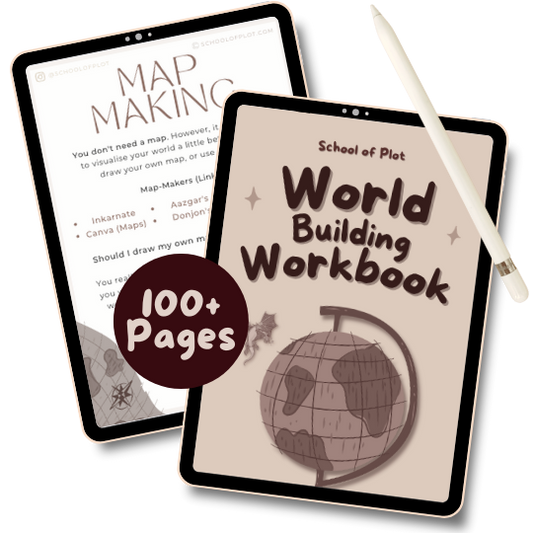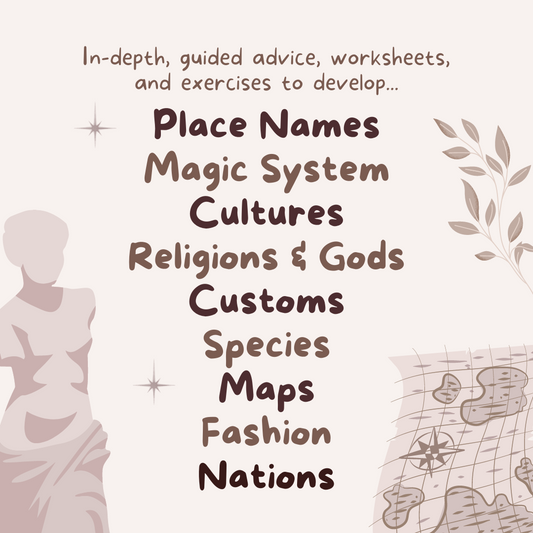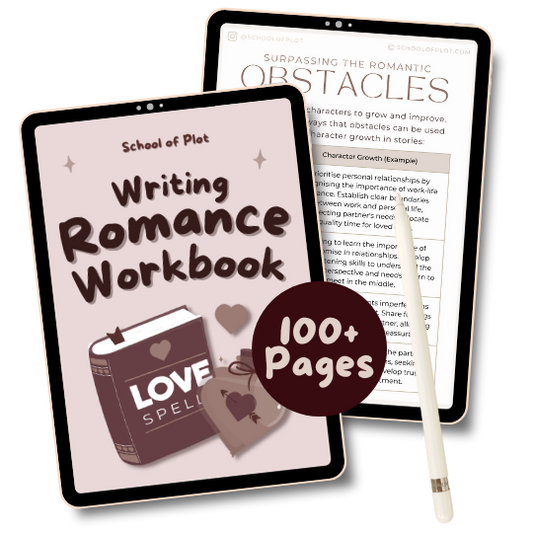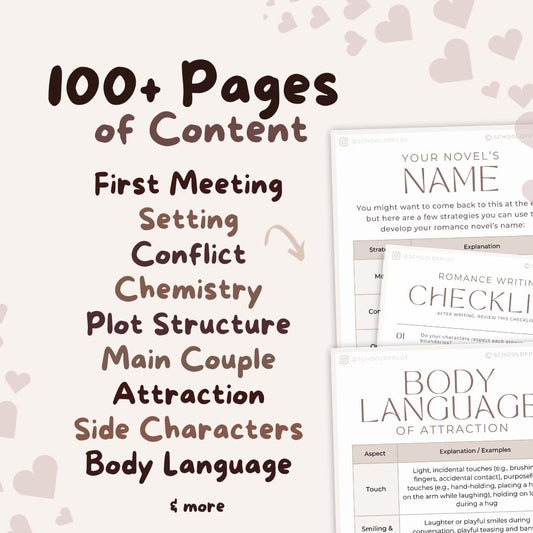One emotion I used to wrestle with in my writing journey is cringe. Some sort of embarrassment mixed with self-doubt and maybe even revulsion. A personal failing. I used to be more comfortable with my work being weak or lacklustre than cringe – isn’t that sad?
Since then (and, perhaps more relevantly, since becoming an adult and writing for a living) I’ve become very comfortable with my first drafts being disgustingly cringe. Cliches, saccharine language, forced metaphors. It’s part of the process. A lot of us overwrite in the first drafts and edit the ‘cringe’ out later.
We all write cheesy lines. The trick is knowing when to cut them. To sharpen my anti-cheese instincts, I talked to Shay, a professional editor. We discussed the usual culprits of cheesy writing that she’s used to seeing, and even dissected some examples.
If you’re keen to learn how to spot cringe in your own writing and edit it out, you can hear our entire one-hour chat for free on Spotify or Apple Podcasts. Listening to Shay live-react to the cheesy writing examples is a joy that I wouldn’t want you to miss out on. Otherwise, enjoy the write-up…
Cheese Culprit #1: Preachy Life Lessons
There’s a particular brand of cheesiness that happens when characters suddenly morph into philosophers, like they’ve been waiting all novel to deliver their TED Talk. Double points if it’s coming from a kid.
One minute, they’re in the middle of their personal crisis; the next, they’re spouting universal wisdom that sounds suspiciously like something the writer saved in their Notes app at 2 a.m.
I get it. We all have themes we’re passionate about, and we all secretly dream of writing the kind of line that gets quoted in wedding vows. But shoehorning wisdom into dialogue makes the story feel manufactured, like an after-school special. People don’t really talk like that, which makes your writing feel inauthentic, or ‘written’.
Instead of big, philosophical statements, zoom in. Keeping it personal makes it sound more natural. A character’s more likely to say, “I was so caught up in my own mess, I didn’t even check on my mates,” instead of, “During tough times, one often neglects one’s truest friends.” The first sounds like a human being. The second sounds like a passive-aggressive Instagram caption.
And if you must include a “big” thought, let it emerge naturally. Make the character earn it. A character who screws up, loses someone, and later realises I should have been there is compelling. A character who mutters, “Friendship is the most fragile of life’s blessings” sounds like a fortune cookie.
Cheese Culprit #2: On-the-Nose Character Names
A brooding assassin named Blade Nightshade. A poet called Oscar Nocturne. A billionaire whose parents Christened him Cash Moneybucks.
Genre conventions matter. If I’m reading a cute witchy romcom, I’ll accept Lilith Darkflame, but the name starts looking a bit corny when you know she’s done war crimes.
Names should make sense in the world you’re creating. A good rule of thumb: If a name is calling attention to itself, ask if it fits the story’s tone. If it works, great. If it reads like a Totally Spies character in an otherwise serious piece of writing, perhaps reconsider.
Cheese Culprit #3: The Unearned Confession
Rushed declarations of love. Sudden, out-of-nowhere redemption arcs. Villains who, for no clear reason, decide to monologue their entire plan. These moments don’t land because they haven’t been earned. The emotion isn’t the problem, the setup is.
Shay brought up the “fast romance problem”. The way the industry pumps books out so fast makes readers more primed to immediate satisfaction, conditioning them for quick emotional payoffs.
The thing is, emotional weight needs build-up. Dropping the resolution without the groundwork is serving cake without the sponge – just frosting, sugar and a cherry. It’s not tasty without the base!
Show the almosts. The tension. A confession of love feels strongest when we’ve seen the characters fight it, resist it, deny it. A redemption arc hits hardest when we’ve watched the character wrestle with their past. Readers want the payoff but they want to feel like it’s earned.
Another trick: Look at your emotional climax and ask, Have I made this inevitable? If not, go back and plant the seeds. Sprinkle in moments that makes the final explosion of emotion feel like it couldn’t have gone any other way.
Cheese Culprit #4: Melodrama
Melodrama happens when the emotional response is at an eleven but the stakes are sitting at a four. It’s a protagonist whispering, “You have no idea what I’ve been through…” because they received a curtly worded email. Relatable but, if played straight, cheesy.
Big emotions belong in big moments. If the stakes are high, if the character has been through hell, then fine, let them collapse in the rain. But if the intensity of the reaction outweighs the setup, it feels ridiculous.
Earn your emotions. Make sure the character’s response matches what they’ve actually endured. If the moment is small, let the emotion be small. It’s the quiet heartbreaks that often hit the hardest.
Cheese Culprit #5: Overwrought Prose
Cheesiness isn’t always about what’s being said. Sometimes, it’s how it’s being said. Sentences packed with adjectives, metaphors stretched to their breaking point, descriptions that try so hard to be poetic they collapse under their own weight. Basically anything I wrote in high school.
Sometimes the flourishes don’t even add anything, as we’ll see in the examples. There’s a place for beautiful prose and this one’s highly subjective, so please ask your beta readers.
When Should You Worry About Cheesiness?
Not in the first draft. Personally, the first draft is where I let the melodrama flow. It’s only when I’m revising that I get to work cutting the cheese out.
How to Spot the Cheese In Your Own Writing
Reading aloud works wonders. What looks fine on the page can feel painfully unnatural when spoken. If it’s a line of dialogue, I ask myself, If one of my friends said this, would I laugh? If I can’t get through a sentence without wincing, I know it needs work.
Beta readers are also invaluable. Mine have no problem flagging lines that sound forced and they’re always right. If multiple people call out the same moment, I pay attention.
Highlight every moment of intense emotion – big speeches, dramatic confrontations, teary realisations. Look at them in isolation. If they feel unearned, start layering in more setup earlier in the story.
And most importantly, ask yourself: Is this response earned? If the answer isn’t a confident yes, I go back and lay the groundwork.
Cheesy Writing Examples
I had way too much fun writing some examples of cheesy writing for Shay to dissect. Again, I really recommend catching her live reaction towards the end of this episode (on Spotify or Apple Podcasts) but here’s a summary…
Prince Nightshade’s face, chiseled from the gods’ own reckless desires, was a study in dangerous perfection, lips carved for both war cries and whispered temptation. The inky waves of his hair fell in careless disarray, as if even time itself dared not tame him.
“You stare, little dewdrop,” he growled, his voice a low, velvety dagger that slid between her ribs. “Do you like what you see?”
Shay’s feedback, summarised: This description paints an unclear picture – what does “his voice, a low velvety dagger that slid between her ribs” even mean? It sounds evocative but doesn’t mean anything.
This passage has a lot that could be trimmed. There are a lot of metaphors here but it says very little (“he was hot and had black hair.”) Writing often feels cheesy when the meaning is overshadowed with flowery language
Jessica crumpled onto the rain-slicked pavement, her sobs racking her fragile frame like a tempest of sorrow. The heavens wept alongside her, thunder roaring in solidarity. She clawed at her chest, gasping for breath as if love itself had been ripped from her very soul. "Why, oh cruel fate, must I suffer?!" she wailed, lifting her tear-streaked face to the merciless torrent. "Why?"
Shay’s feedback, summarised: The point of this passage is hammed home to the point where it feels silly. When emotions are this big and feel unearned they make us laugh. Overdoing pathetic fallacy can come across as comical and nobody actually speaks like this.
The tavern was loud with laughter and clinking mugs and spilling ale. Cara dodged the flying sword of her patron.
“Back for another brawl?” She rolled her eyes, meeting his sword with hers. “Shouldn’t you be slaying dragons, oh wise chosen one?”
Jorc smirked, putting down the sword. “Wise and handsome.”
"You always this charming, or is tonight special?" she snapped, raising an eyebrow.
“Ah, the world spins on the axis of silence, my friends,” said a tiny boy, no older than six, his face as serious as an elder’s. He was holding a half-eaten bread roll, crumbs dotting his tunic. “Words, like swords, only scar. The deepest wounds are those that silence can heal, for when we cease to fight against each other, we begin to fight for the peace that exists within us.”
Shay’s feedback, summarised: Of course, the shoehorned wisdom from the child doesn’t help, but the banter is also off. Banter can feel “off” when it feels written, like the author is forcing jokes as a substitute for real chemistry. Give characters different senses of humour instead of replicating the now-stale banter of older media.
